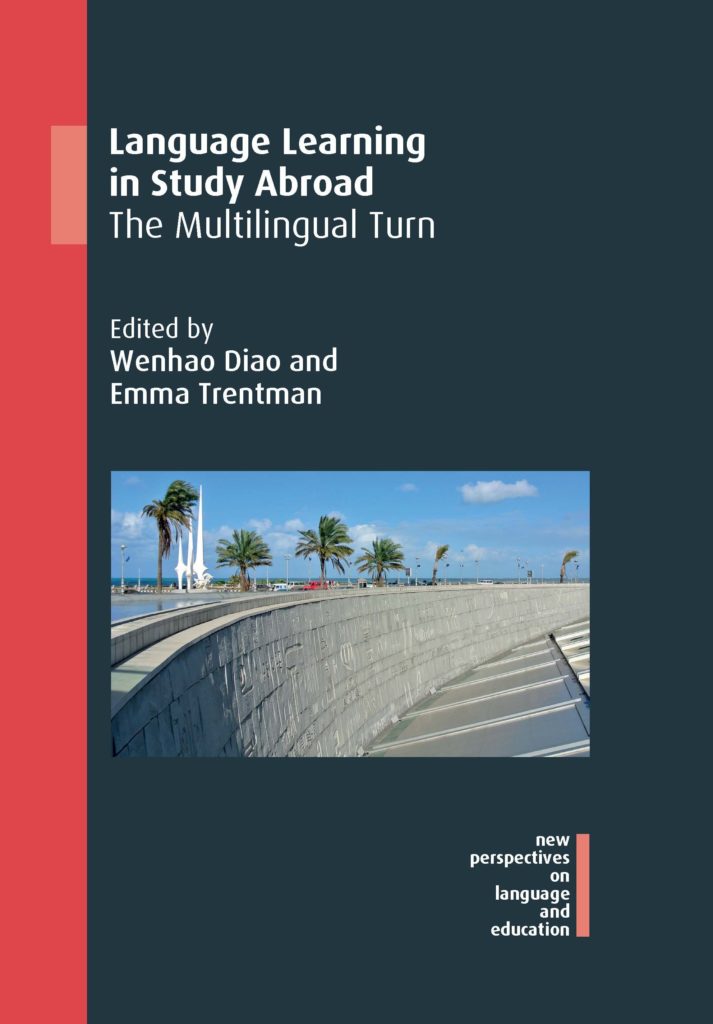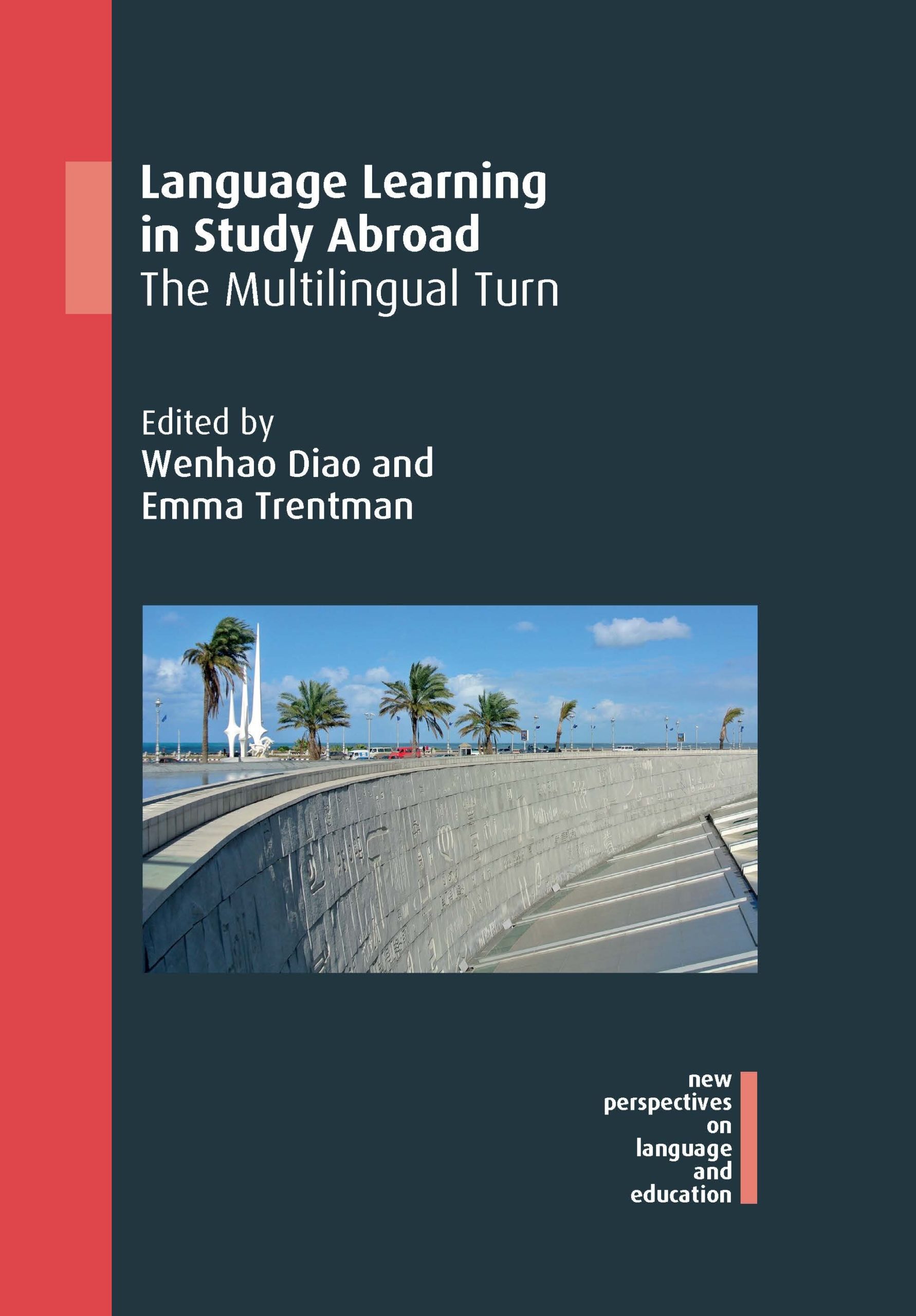November is traditionally the crunch month in the academic calendar, marking the almost end of a long semester (Weeks 11-15 of 17 at my institution). Everyone is tired, stressful assignments are coming up, we’re behind and there’s less time to catch up, it’s getting cold. This year, of course, we also have pandemic anxiety and fatigue, and with case counts rising sharply, New Mexico entered a full lockdown on November 16. Not to mention the weeks of election anxiety and transition stalling*. At the same time, November also brought several bright points in my academic career, so I thought I’d share those here!
Daycare!: Shortly after giving my mid semester update, my daughter’s school dropped their one day in person for K-2 model, and went fully remote (see rising case counts). We were also encouraged to pull our university classes remote, and since most students were attending remotely, my co-teacher and I decided to end our in person classes prior to Halloween. This would essentially end the work focus I had had on Tuesdays and Wednesdays which was allowing me to (barely) keep up, and I realized that this would not work with the end of the semester crunch and a bunch of missed deadlines. So, we enrolled my daughter in the school age classroom at my son’s daycare, and she does her virtual school from there, with three other kids in different schools and an amazing teacher that coordinates all of this. When the shutdown started we had to initially pull them as the daycare wasn’t allowed to care for children “non-essential” workers, but thankfully the state revised this policy to allow the daycare to decide, so they are back! This development means I essentially have my full work day back, and can focus without interruption, and this change makes what I usually think of as the most stressful month of the year into one of the most successful ones. I was able to submit overdue revisions on a book chapter, finish up units for classes/the website, and give several presentations. I also go to celebrate the achievements below, although notably academic timelines means that much of the work for these projects happened months or even years ago.
Language Learning in Study Abroad: The Multilingual Turn: This is an edited collection I’ve been working on since 2017(!) with my colleague Wenhao Diao. It is finally available from Multilingual Matters.

This book specifically confronts the impact of monolingual language ideologies on language learning in study abroad, and argues for taking a multilingual approach in research and practice. It features a variety of geographic contexts (Tanzania, Brazil, Germany, Jordan, Oman, China, South Korea, and Spain), and chapters by Jamie A. Thomas, Uju Anya, Janice McGregor, Wenhao Diao, Lucien Brown, Tracy Quan, Brandon Tullock, Lourdes Ortega, and myself). If you are interested in anything I write on this blog about language ideologies, multilingual approaches, or study abroad, I highly recommend checking it out!
The Mutual Intelligibility of Arabic Dialects: Implications for the Language Classroom: This article, co-authored with Sonia Shiri, appeared in a special issue of the Critical Multilingualism Studies Journal guest edited by Julia Ruck and Naomi Shafer called “National Standards – Local Varieties: A Cross-Linguistic Discussion on Regional Variation in L2 Studies. This special issue was also the first one my colleague Janice McGregor and I managed as overall editors of CMS, so it was an exciting accomplishment for me from that perspective as well, as we had to learn how to produce the issue, even as the guest editors managed the submissions, peer review, and other editorial details. The journal is open access, so if regional variation in language teaching is a topic of interest, check out the whole issue!
Our article, a work in progress since 2013 (really!) focuses on one of the most often raised questions in teaching Arabic, which is what to do about all of the dialects? This is a topic about which there are a lot of opinions, but very little concrete evidence. We devised a listening test composed of intermediate level texts in four dialects (North African, Egyptian, Levantine, Gulf) and Modern Standard Arabic (MSA) and administered it to native (NS) and non-native speakers (NNS) of Arabic. We looked at what predicted the ability to understand unfamiliar dialects for these speakers, including their MSA score, familiar dialect score, and dialect identification abilities as predictors. We found that for the most part, NS scored highly on all varieties, and none of the predictors were significant, possibly due to ceiling effects on the scores themselves. NNS also scored fairly highly across dialects, though not as high as NS. For NNS, the ability to correctly identify their familiar variety was a predictor of understanding unfamiliar varieties, leading us to posit a role for metalinguistic awareness that should be further studied in the future. We also compared NS and NNS beliefs about learning Arabic dialects, and found that while both favored learning MSA and dialect rather than one or the other, NS were more likely to favor learning one dialect (usually Egyptian or Levantine), while NNS were more likely to favor learning multiple dialects (Egyptian and Levantine, or other dialects as well).
Based on these results, we argue for a multidialectal approach in the Arabic classroom, rather than the MSA only or MSA plus one dialect models currently followed, where students would be exposed to multiple dialects related to language functions, and their metalinguistic awareness developed to help them understand variation and also how to make sociolinguistic and pragmatic choices. This also focuses on a separation between receptive and productive skills, in that students work to understand a variety of dialects, but are not expected to produce them all, but to make informed choices about what they produce. Incidentally, I can say we have been working on this in the We Can Learn Arabic website, and I taught a North African text (my least familiar dialect) the other day to great success–students had lots of great questions about sociolinguistic features and how to use them! So, if you’re an Arabic teacher interested in multidialectal approaches, go for it!
Innovation in Online Teaching Award from the American Association of University Supervisors, Coordinators, and Directors of Language Programs (AAUSC): Speaking of the We Can Learn Arabic website, I was delighted to learn that it won a 2020 AAUSC award for innovation in online language teaching! As we continue to develop the site, it’s exciting to get this recognition!
*As an aside on this, there’s something about listening to Trump’s refusal to concede in the Arabic news media that makes this even more appalling than listening to English news media, as I’m so used to hearing the exact same phrases used for decades-long dictators I suppose.
